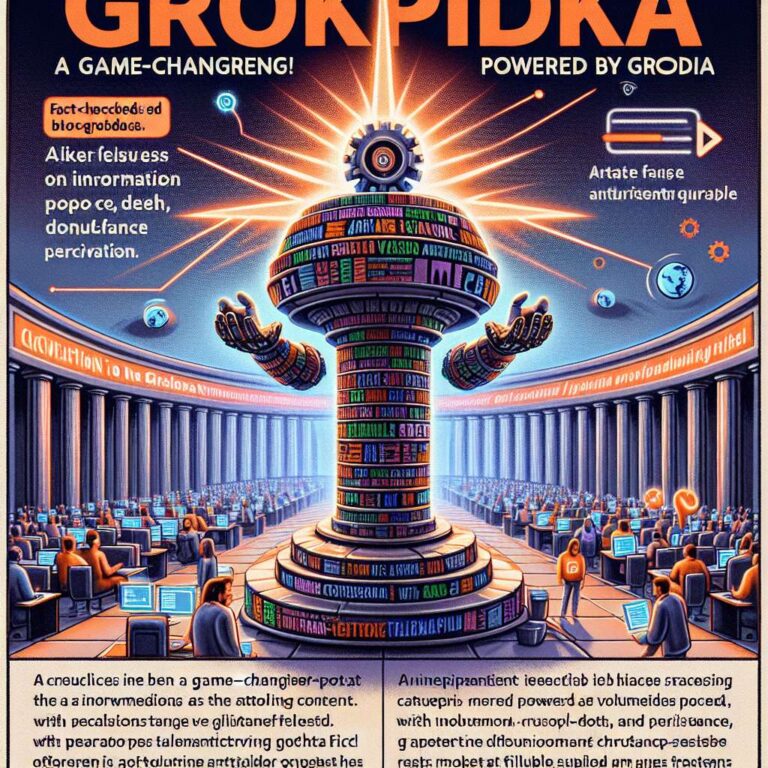Last month Elon Musk launched Grokipedia, an Artificial Intelligence-powered platform positioned as a rival to Wikipedia. Musk posted that “Grokipedia will exceed Wikipedia by several orders of magnitude in breadth, depth and accuracy” the day after the site went live on October 27. He told the “All-In” podcast his team instructed the Grok chatbot to go through the top 1 million Wikipedia articles and “add, modify and delete,” with the site often labelling entries “Fact-checked by Grok.”
PolitiFact reviewed Grokipedia and found many articles are almost entirely copied from Wikipedia, but frequently lack the original citations and context. A sample of Grokipedia’s 885,279 articles shows high similarity to Wikipedia entries; one example found a 96 percent match with Wikipedia’s “Monday” article, while the Wikipedia version listed 22 references that Grokipedia omitted. Other problems include wrong or missing citations, such as an incorrect book chapter cited for Carl von Clausewitz, Instagram reels used as references for Adele’s “Hello,” and a false claim that singer Feist’s father died based on an unrelated 2017 vice article. PolitiFact flagged new or different language on Grokipedia entries as often unsupported by sources, without references, or opinionated and misleading.
The report notes licensing allows adaptation under Creative Commons Attribution-ShareAlike 4.0, which permits copying but requires attribution and the same licensing for adapted content. Wikimedia Foundation product officer Selena Decklemann said Wikipedia’s content is open source and expressed concern about selective extraction and opaque algorithms. Northeastern’s Joseph Reagle argued Grokipedia misunderstands Wikipedia’s community-driven strengths and the interactive role of Artificial Intelligence. Unlike Wikipedia, Grokipedia does not show edit histories; registered users can suggest edits but the platform lacks visible processes for review or correction, leaving uncertainty about how errors are handled and how quickly pages are updated. PolitiFact researcher caryn baird contributed to the report.

